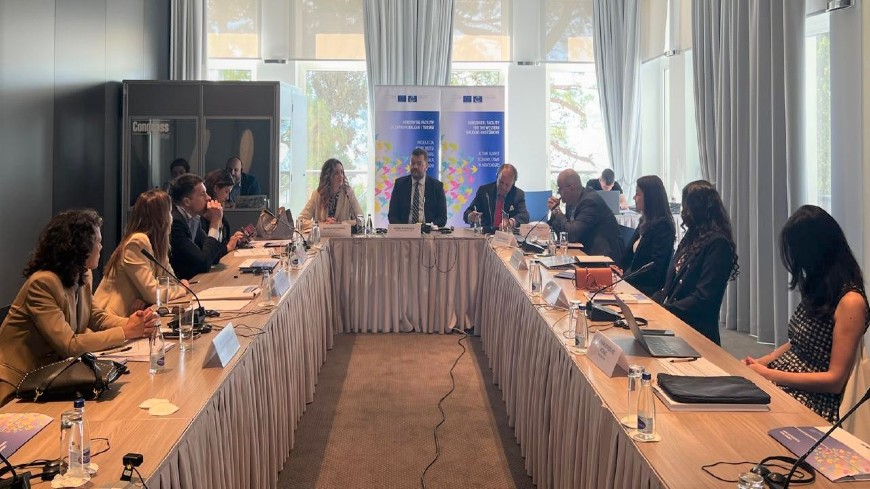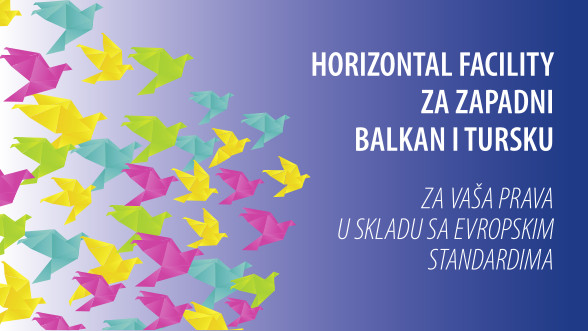The Government of Montenegro set out its strategic response to corruption on 4 June by adopting the Strategy for the Fight against Corruption for 2024-2028 and its Action Plan for a two-year period. The adoption of the next generation of anti-corruption strategic documents sets the fight against corruption high on the agenda and represents a long-term framework for the Government to tackle corruption and foster a culture of integrity and good governance.
The European Union and the Council of Europe provided comprehensive support to the process of development of this strategic framework through their joint Action against economic crime in Montenegro, within an accelerated timeline and in keeping the momentum towards the fulfilment of interim benchmarks defined within the European Union-Montenegro accession negotiations.
Notably, the action provided an analysis of the first draft of the Anti-Corruption Strategy with advice for improving its technical and substantive aspects. In the subsequent stages, the action’s experts reviewed the next iterations of the strategic documents, followed by in-depth guidance to the Working Group through a workshop 13-14 May 2024. The latter entailed hands-on expertise to the members of the Working Group towards finalising the text of the strategic documents and refining the Action Plan, including strategic and operational objectives and the measures defined within each operational objective. As a result, the strategic objectives evolved to focus on raising the integrity and accountability of the main anti-corruption authorities, increasing efficiency in the investigation and sanctioning of high-level corruption, and improving national and international co-operation in the fight against corruption.
The support to the process of development of the strategic framework was organised by the Action against economic crime in Montenegro, within the framework of the European Union/Council of Europe joint programme Horizontal Facility for the Western Balkans and Türkiye.



